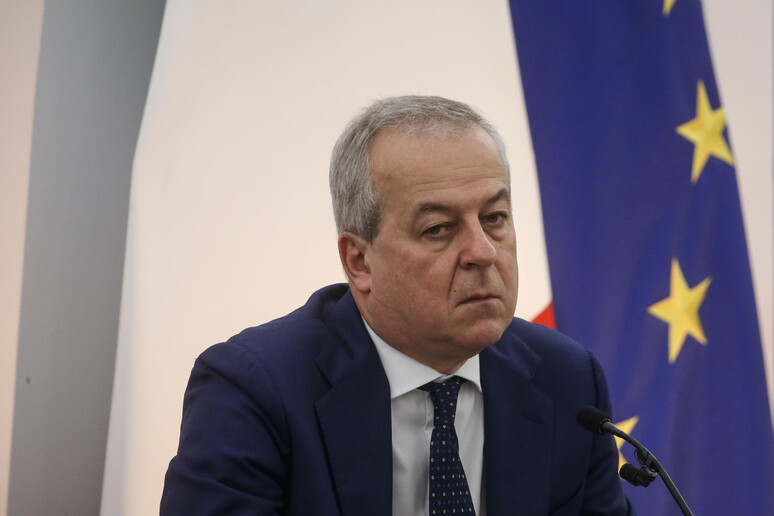Franco Locatelli, the president of Italy's Higher Health Council (CSS) and the coordinator of the CTS panel of experts advising the government on COVID-19 measures, said Monday that, while the Omicron variant seems to be more contagious than others, there is no evidence so far to say that it is more dangerous.
Locatelli told SkyTG24 that it would be "excessive" to call him worried about that new strain.
"We know that this is a variant that has had a significant spread in South Africa," he said.
"The time it took to become predominant was much less with respect to other variants.
"There has been an increase in cases of 260%.
"This all supports (the hypothesis) that it is more contagious.
"But we don't have any evidence that it can provoke more serious illness or avoid the protective effect of vaccines in a major way".
ALL RIGHTS RESERVED © Copyright ANSA











